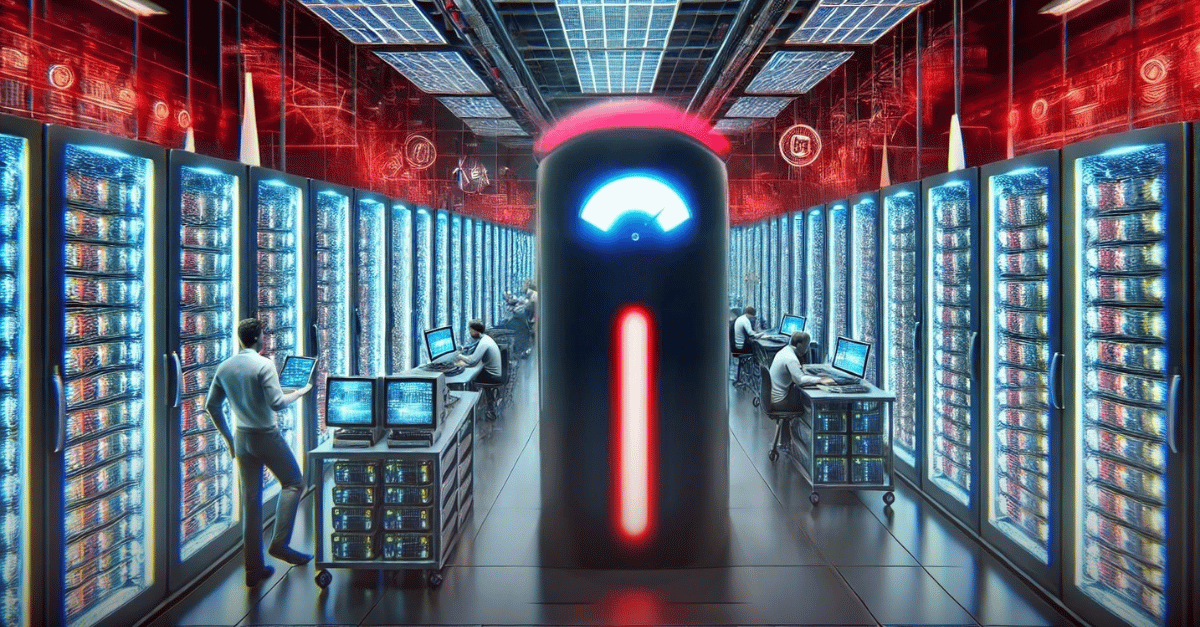AI Data Centers Could Dramatically Increase U.S. Electricity Consumption by 2030
Published: 7.8.2024
A new study by the Electric Power Research Institute (EPRI) raises concerns about the future energy demands of artificial intelligence. The report projects that by 2030, data centers supporting AI could consume a staggering 9.1% of all electricity generated in the United States, marking more than double current data center consumption, which sits at around 4%.

EPRI's report outlines various scenarios for the future of data center energy consumption, with the worst-case scenario predicting nearly a tenth of U.S. electricity generation. This is largely attributed to the energy-intensive nature of generative AI models. To put into perspective, a single query to OpenAI's ChatGPT can require ten times the electricity of a typical Google search.
The report warns that the rapid expansion of AI applications, including text, audio, and video generation, could lead to unprecedented energy demands. By 2026, the International Energy Agency estimates that global data center energy consumption could double posing a potential strain on electricity grids.
EPRI suggests several strategies aimed at improving data center efficiency including enhancing internal energy use for temperature cooling and lighting, which currently accounts for about 40% of energy consumption. Additionally, adopting backup generators powered by renewable energy sources and shifting towards a collaborative "shared energy economy" could help mitigate the impact on power grids.
EPRI's vice president, David Porter, highlighted the need for closer cooperation between data center developers, utilities, and government entities to ensure reliable and affordable power supply while meeting the needs of AI technologies.
As AI become more prevalent, their energy demands could place additional strains on the power grid, requires new power plants and increased reliance on nonrenewable resources in the short term. This could complicate efforts to decarbonize the energy sector and achieve long-term sustainability goals.
As the industry prepares for this potential energy surge, it remains crucial for stakeholders to adopt innovative solutions and collaborate effectively to balance the benefits of AI advancements with the need for sustainable and reliable energy infrastructure.


.png)

